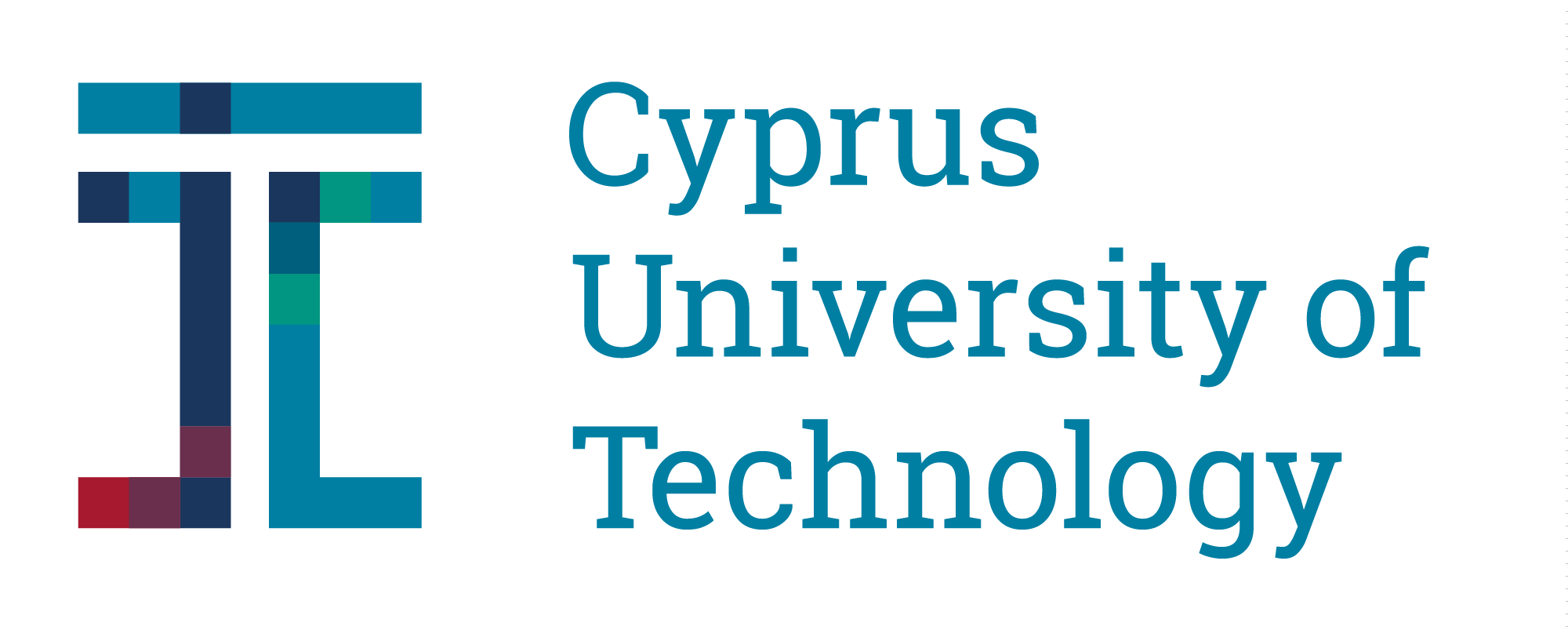The Cyprus University of Technology through its various research labs and departments is active in circular economy research and training through (a) Waste Management, (b) New business models and (c) Sustainable Design solutions. This work is done in collaboration with local and international partners across disciplines (academia/policy/industry) and some examples can be found in the links below:
https://www.lifeebp.eu/page/homepage
https://www.lifecab.eu/
http://www.waterjpi.eu/joint-calls/joint-call-2015-waterworks-2014/biorg4wastewaterval
Survey on Circular economy in construction: country report (Cyprus)
CUT is also a founding member of the Cyprus Circular Economy Network and contributes with Management Committee Members and researchers in the CA21103 Implementation of Circular Economy in the Built Environment COST ACTION.
At Cyprus University of Technology Courses in the Sustainable Design and Engineering Design Solutions use Circular Economy as theme. Students consider waste minimisation or secondary materials for new products.
The Dept of Chemical Engineering participates in LIFE projects that deal with circular economy of water and energy.
The goal of LIFE-3E: Environment-Energy-Economy (LIFE19 ENV/ES/000143), co-financed by the LIFE Programme of the European Union, is to develop and demonstrate an innovative process to promote water reclamation and reuse, integrating the production of in-situ renewable energy in the coastal Urban Wastewater Treatment Plant (UWWTP) of Comillas (Cantabria, Spain). This so-called Blue Energy will be generated by recovering the energy contained in the saline gradient through Reverse Electrodialysis. The project aims to contribute to improve the sustainability of water resources, promoting water reuse for road and street cleaning. In addition, it will minimize the external energy demand for wastewater treatment processes and reduce the Greenhouse Gas Emissions related to the consumption of fossil fuels. (https://life3e.eu/)
Biowaste management has become a major issue because of the increasing amount of biowastes. These stem from increasing polulation urbanization and consumption habits. Current biowaste management practices are based on fermentation and incineration technologies. These practices produce biogas, compost, thermal and electrical energy. The processing costs exceed the sale value of the products and/or raise issues connected to their secondary environmental impact. Based on previous research work1 carried out by the University of Torino in cooperation with Acea Pinerolese Spa located in Pinerolo (TO), LIFECAB will demontrate in real operational a new process to treat municipal biowaste (MBW) and produce soluble biorganic substances (SBO). These substances will be used as additives for anaerobic fermentation reactors to improve the economy and environmental impact of the current fermentation technology.
The new process, developed at small laboratory pilot level (www.biochemenergy.it), is based on the chemical hydrolysis of fermented MBW in water. It yields all marketable products. It allows recycling all reagents and water. It produces no secondary waste and process effluents needing disposal. Moreover, the SBO have been shown multipurpose products for potential use in the chemical industry, agriculture and animal husbandry.1 These findings prospect that a MBW treatment plant may be turned into a biorefinery producing biofuel and value added biobased products. Most recent laboratory studies have proven that the addition of 0.05-2% SBO to the MBW organic humid fraction (OHF) fermentation slurry decrease the ammonia content of the digestate, while maintaining biogas production and quality. The effect is presumably due to the capacity of SBO to promote oxidation of ammonia to N2.2,3. Based on the above premises, LIFECAB is a pilot/demonstated project aiming to validate at TRL 7 previous research. This will be achieved by pursuing three main objectives:
*validating the SBO production process in real operational conditions;
*validating the new SBO assisted anaerobic fermentation process;
*demonstrating a new business model, which allows the valorization of biowastes through integrated biochemical and chemical processes in real operational environment with reduced entrepreneurial risk. (https://www.lifecab.eu/)


